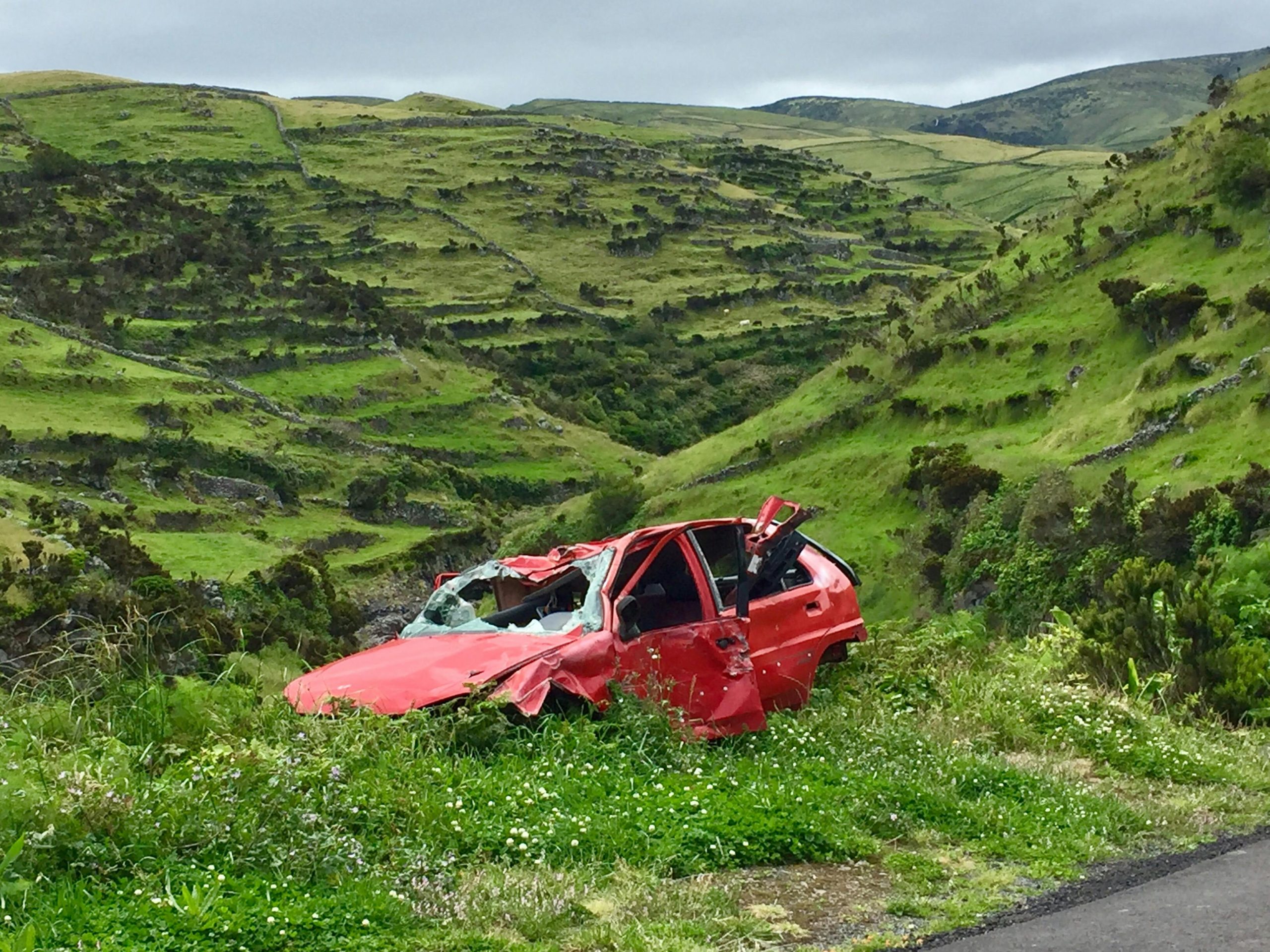 Sometimes, being a passenger in a car can be a frustrating and disturbing experience. This is especially true when actions beyond the passenger’s control, such as being involved in a collision, put his or her life in danger. When such a situation arises, the injured passenger will, understandably, seek compensation from the responsible party. However, if the person who caused the accident leaves the scene and is never apprehended by law enforcement, an injured person may turn their attention elsewhere for financial compensation. Such a situation arose following a car accident on a stretch of highway between Jennings and Lafayette, Louisiana.
Sometimes, being a passenger in a car can be a frustrating and disturbing experience. This is especially true when actions beyond the passenger’s control, such as being involved in a collision, put his or her life in danger. When such a situation arises, the injured passenger will, understandably, seek compensation from the responsible party. However, if the person who caused the accident leaves the scene and is never apprehended by law enforcement, an injured person may turn their attention elsewhere for financial compensation. Such a situation arose following a car accident on a stretch of highway between Jennings and Lafayette, Louisiana.
Kyle Jordan was driving a rental car with Riley Moulton as a passenger. The vehicle was sideswiped, causing Jordan’s car to flip over and injure Moulton. The hit-and-run driver was never identified, so Mouton sued both Jordan and the rental car company, EAN Holdings, for damages. The defendants moved for summary judgment, arguing that since Mouton admitted in his deposition that Jordan was driving safely at the time of the accident and did nothing to cause it, Moulton offered no evidence to support a theory of recovery against Jordan or EAN Holdings. The trial court granted the defendant’s motions for summary judgment. Mouton appealed to Louisiana’s Third Circuit Court of Appeal.
The Appellate Court reviewed the facts of the case as laid out by Mouton himself in his deposition testimony. Mouton stated that Jordan had set the cruise control in the car to 70 MPH, consistent with the speed limit, and was “driving correct.” He further testified that the accident occurred when Jordan made a proper change into the left lane to pass a large truck.
A driver in a Kia came up from behind and, in a dangerous and illegal move known as “shooting the gauntlet,” attempted to pass Jordan’s vehicle on the right-hand side between it and the truck Jordan was trying to pass. The Kia sideswipedan’s vehicle, sending it out of control. Jordan attempted to regain control but overcorrected and flipped the car. Mouton’s testimony made it evident that Jordan could not have done anything to avoid the accident.
Summary judgment should be granted if “the adverse party fails to produce factual support sufficient to establish that he will be able to satisfy his evidentiary burden of proof at trial.” Hardy v. Bowie, 744 So.2d 606 (La. 1999). In this instance, the Court noted, Mouton was unable to point to any evidence suggesting Jordan’s liability for the injuries he suffered in the crash.
Mouton freely admitted in his deposition that Jordan was “driving as he was supposed to” by following the speed limit and remaining in his lane. Mouton also revealed that Jordan could not have taken any actions to avoid the accident. It was beyond his control, and the Kia driver was solely responsible for side-swiping Jordan.
Jordan also was not at fault for any action he may have taken after being sideswiped by the Kia under the sudden emergency doctrine. The doctrine provides that “one who finds himself in imminent danger, without sufficient time to weigh and consider all of the circumstances or means of avoiding danger, is not guilty of negligence if he fails to choose what subsequently appears to be the better method.” Bryn Lynn Corp. v. Valliere, 434 So.2d 600 (La. Ct. App. 1983).
The Court determined that there was nothing Jordan could have done to avoid the accident, which occurred suddenly and unexpectedly; under the sudden emergency doctrine, he cannot be considered negligent for failing to regain control of the car. Instead, the driver of the Kia was solely at fault for the injuries Mouton suffered. Therefore, the Court affirmed the trial court’s grant of summary judgment in Jordan’s favor.
Similarly, the Court held that Moulton offered no theory of recovery against EAN Holdings, which simply rented a car to Jordan. When a car renter is in “exclusive physical control of the lease object,” negligence “cannot be imputed to the lessor.” Dixie Drive It Yourself Sys. v. American Beverage Co., 137 So.2d 298 (La. 1962). The Court noted that even if Jordan had been at fault for Mouton’s injuries, EAN Holdings would not have been liable under this “well settled” rule. Thus, the Court also affirmed the trial court’s grant of summary judgment in favor of EAN Holdings.
This case demonstrates two important principles. First, it shows how courts attempt to resolve disputes quickly and efficiently through summary judgment when a plaintiff fails to provide factual support for his theory of recovery. Second, it demonstrates the operation of the sudden emergency doctrine that limits a person’s liability when unexpectedly thrust into a dangerous situation caused by another party’s negligent or reckless actions. In what should be a comfort to motorists across Louisiana, the doctrine affords them some leniency for not acting perfectly reasonably when they are put in a situation for which they are not trained and have little or no experience. In this case, Jordan was not a stunt driver or car racer; the Court determined he could not be expected to know how to react perfectly when his car was sideswiped at highway speeds.
Additional Source: RILEY MOUTON VERSUS EAN HOLDINGS, LLC, ET AL.
Written by Berniard Law Firm
 Insurance Dispute Lawyer Blog
Insurance Dispute Lawyer Blog

